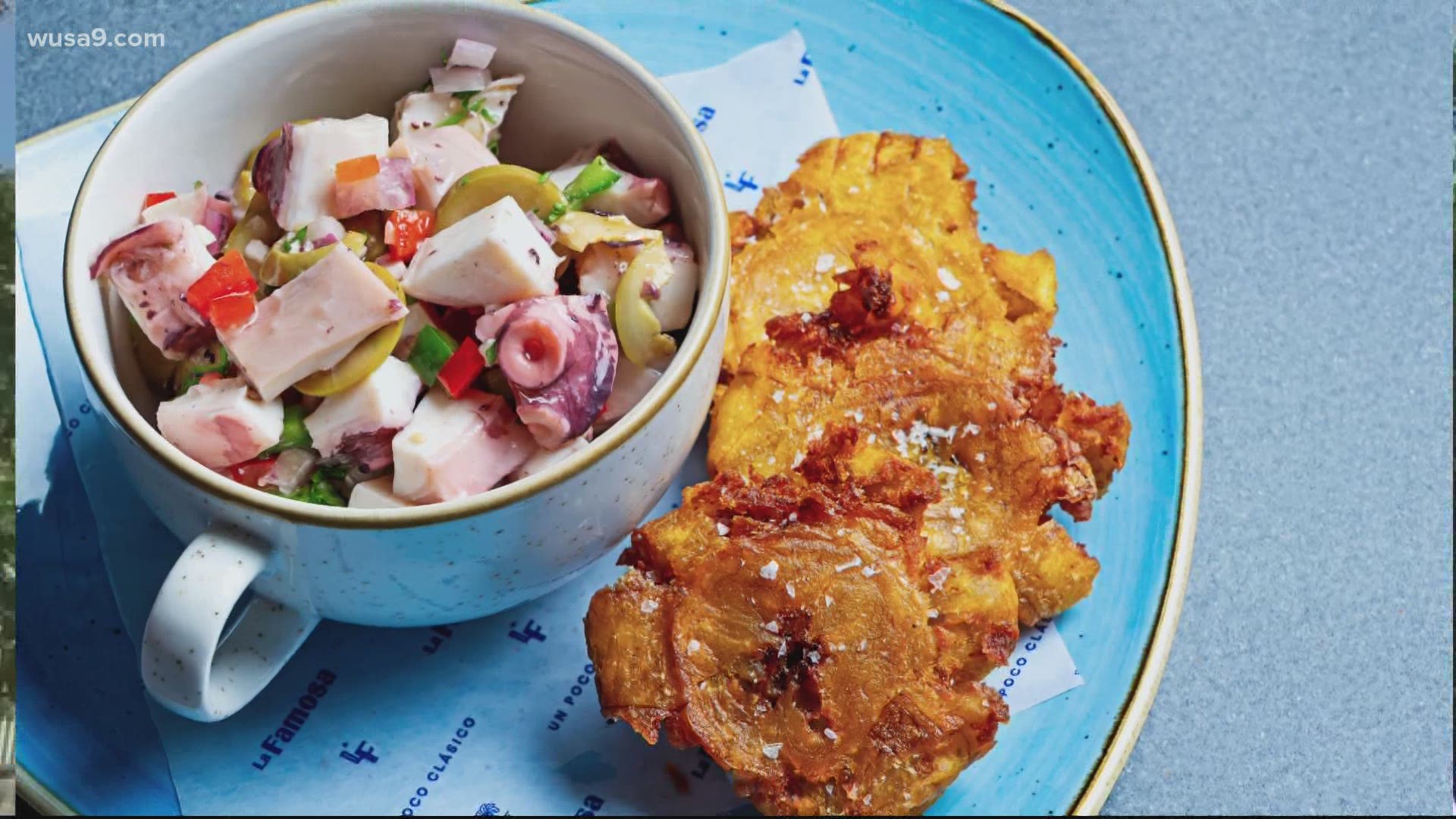WASHINGTON — At the beginning of the COVID-19 pandemic, many local restaurants in D.C., Maryland and Virginia turned to delivery services like UberEats, Door Dash and Grub Hub to keep their businesses afloat.
Small businesses that pivoted to stay open during the pandemic were put at a disadvantage due to commission fees charged by these companies, and customers looking for food delivery were surprised by the added cost the meals ordered through apps.
Now, D.C. Attorney General Karl Racine and Pennsylvania Attorney General have collaborated to make UberEats more transparent in providing new in-app disclosures about prices on the app.
“Food delivery apps provide convenience, safety, and ease for so many consumers – especially during the pandemic,” said Racine in a release. “As more and more consumers use apps like Uber Eats, it’s critical that these companies are transparent about their pricing and the fact that getting food directly from a restaurant is often cheaper. We appreciate Uber Eats immediately addressing our concerns. Going forward, Uber Eats’ delivery app will make clear that its prices may be more expensive than those charged by the restaurants themselves. We strongly encourage other delivery apps to follow in Uber Eats’ footsteps. Those that do not risk investigation and scrutiny by our offices. Consumers deserve clear information so they can make informed decisions that work best for them.”
At the request of the Attorneys General, UberEats made new disclosures on its app that prices on the platform may be higher than in the restaurant. That disclosure is now included at the stage of the ordering process when consumers are reviewing the subtotal, tax, delivery fee, and total cost of their order, right before the consumer agrees to place the order.
In addition, the attorneys general want consumers to be aware that:
- Items are often more expensive in the app: When you place an order for groceries or order food from a restaurant through a delivery app, the price you are charged for each item may be higher than it would be if you bought the item in the store or restaurant. The higher item prices are charged in addition to the delivery app fees, discussed below.
- Fees are charged by delivery apps: Consumers should be aware of fees and charges related to any orders made on a delivery app, in addition to any applicable taxes. Fees will generally always include service fees, delivery charges, and any tip that the consumer allocates for the delivery driver. Other fees that may be charged include: a “heavy” fee if the order includes heavy items, a “small order” fee for orders below a minimum subtotal, and “surge” fees when there is high customer demand. Consumers can find more information by checking the terms and conditions of the platform’s service.
- Restaurants pay commissions to the delivery apps: Restaurants pay a percentage of each order in commission to the delivery apps, in addition to the fees that customers pay to the delivery apps. Consumers who want all of their payment to be paid to the restaurant can order and pick up directly from the restaurant.
Meanwhile, since capacity restrictions have been lifted in D.C., Maryland and Virginia, many restaurants that relied on delivery apps last year say they are doing away with food delivery for good
“Actually, now as we're opening back up we've turned off our third-party delivery services,” Jennifer Meltzer, the managing partner at All Set Restaurant and Bar and Money Muscle BBQ in downtown Silver Spring, Maryland.
“I'm having to balance, how long our guests are going to wait in the restaurant for their food, to have a dining experience, because I can't, I can't control the flow of tickets,” Meltzer added.

